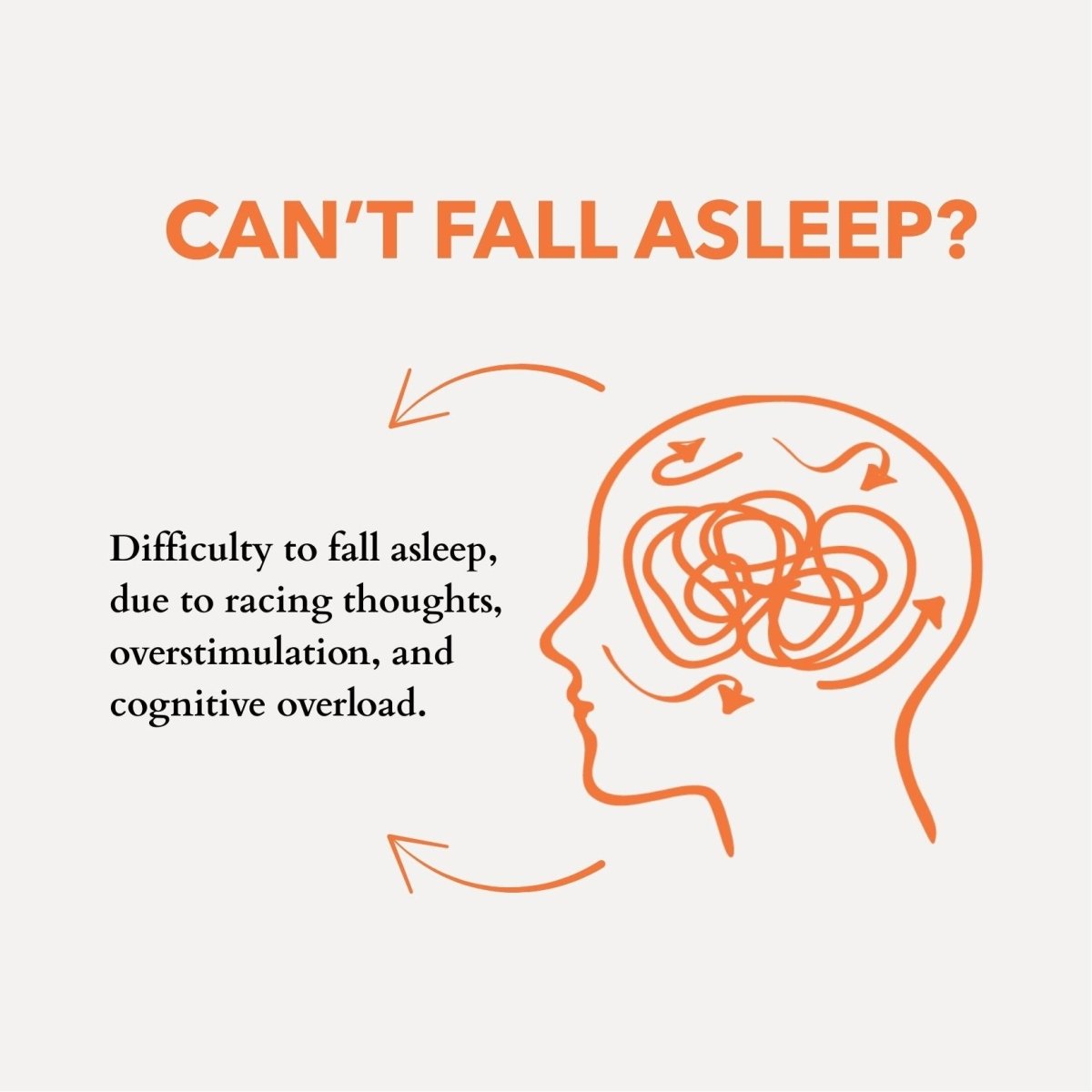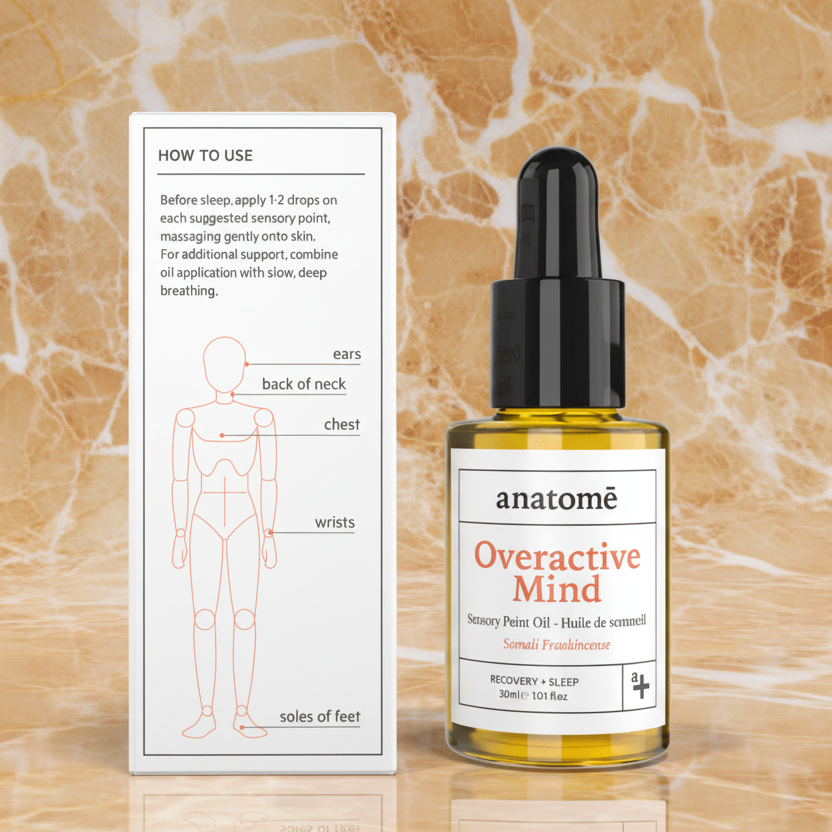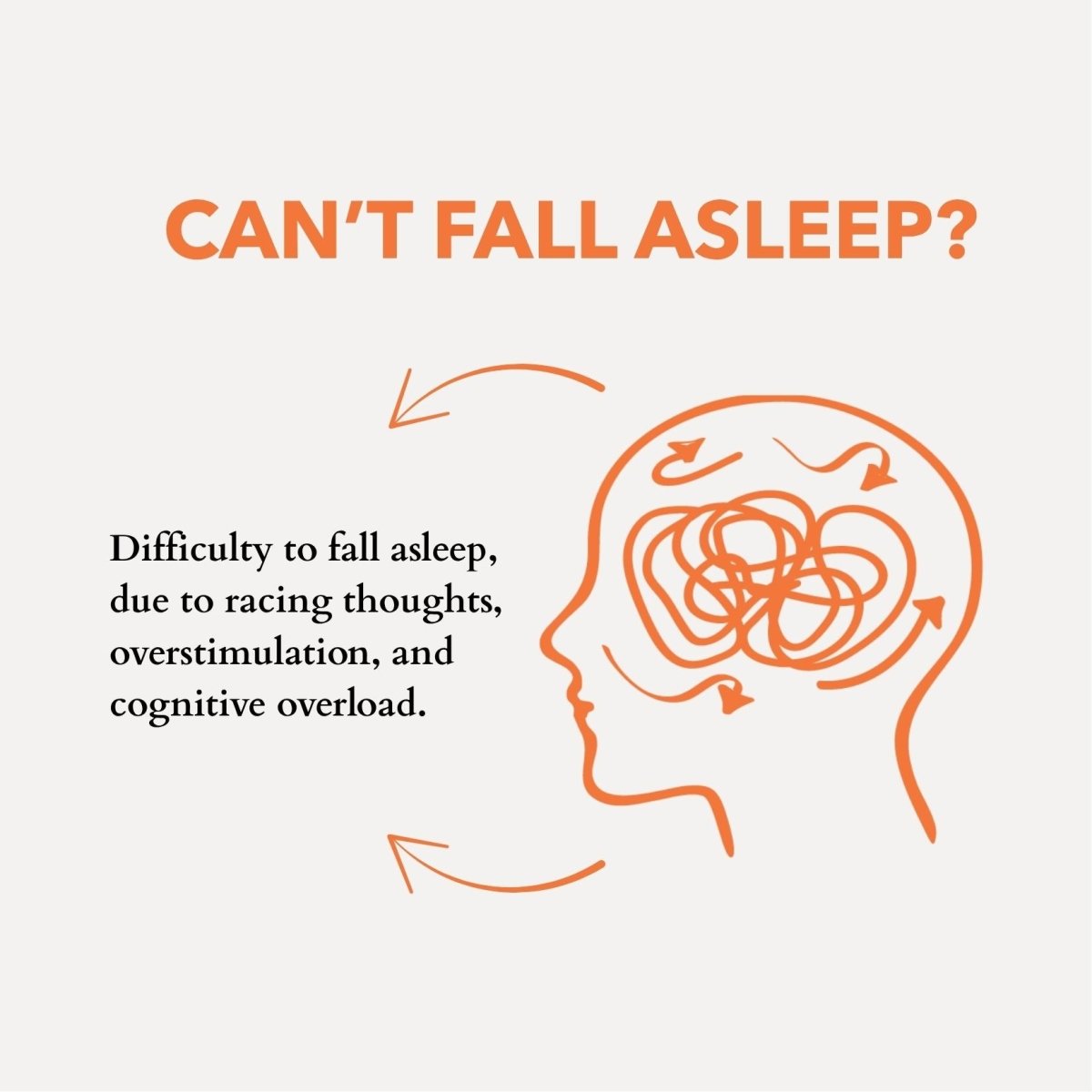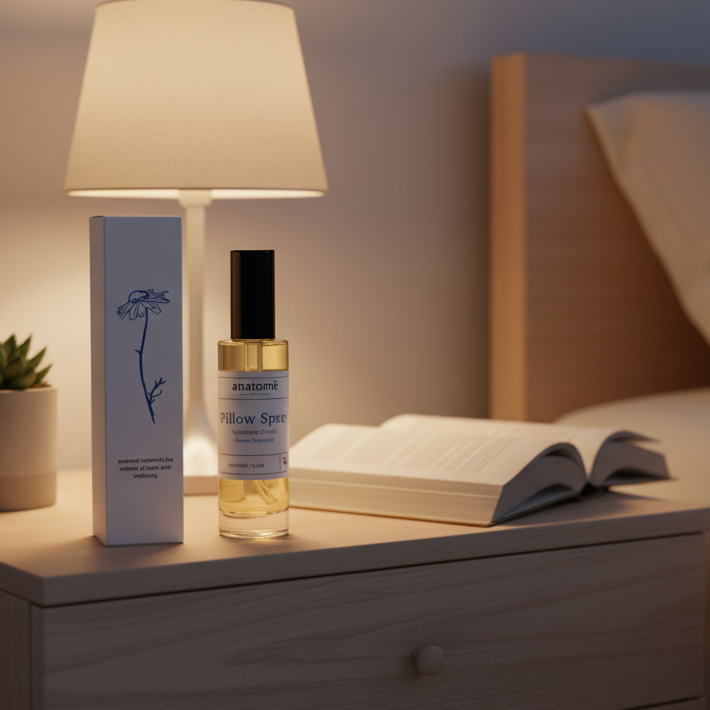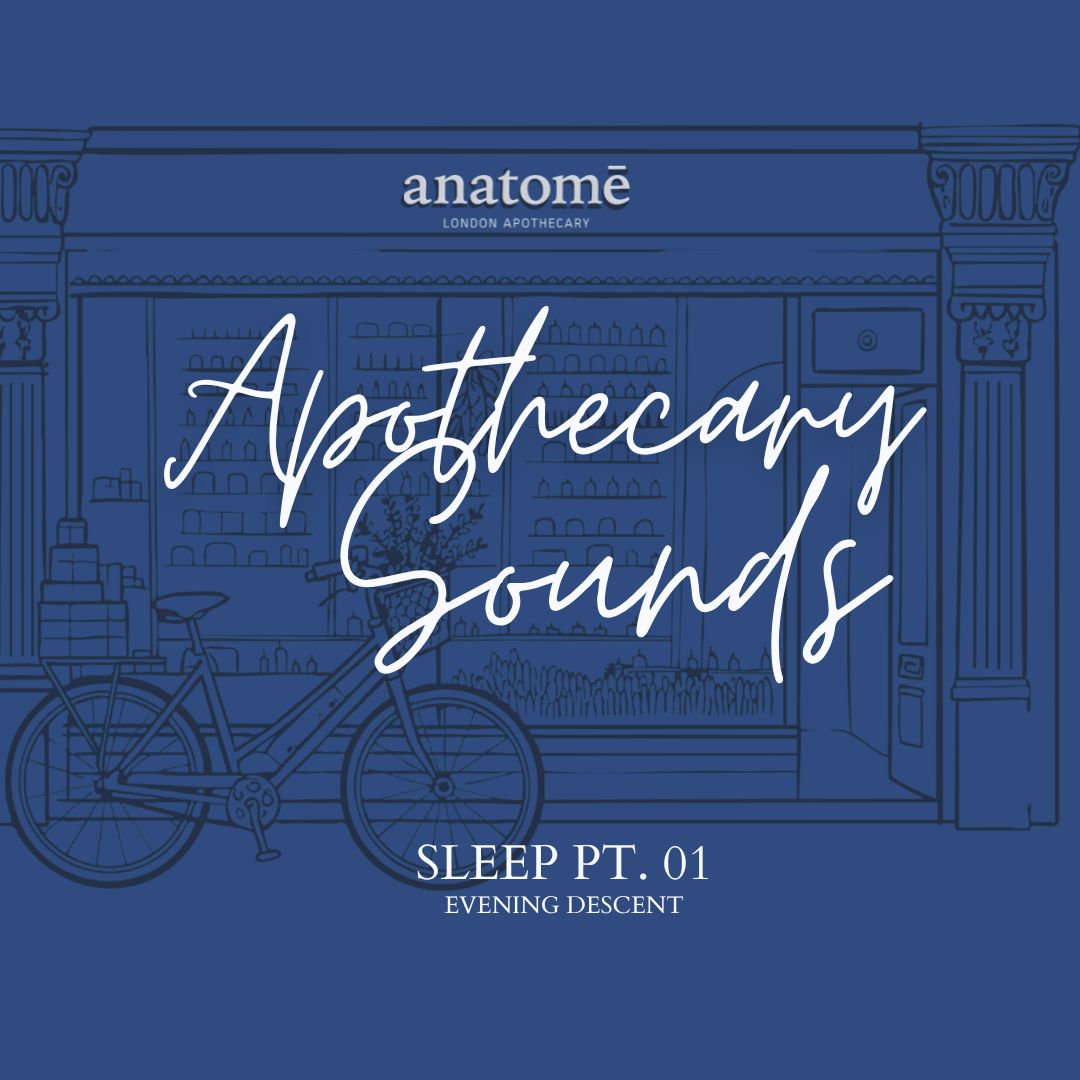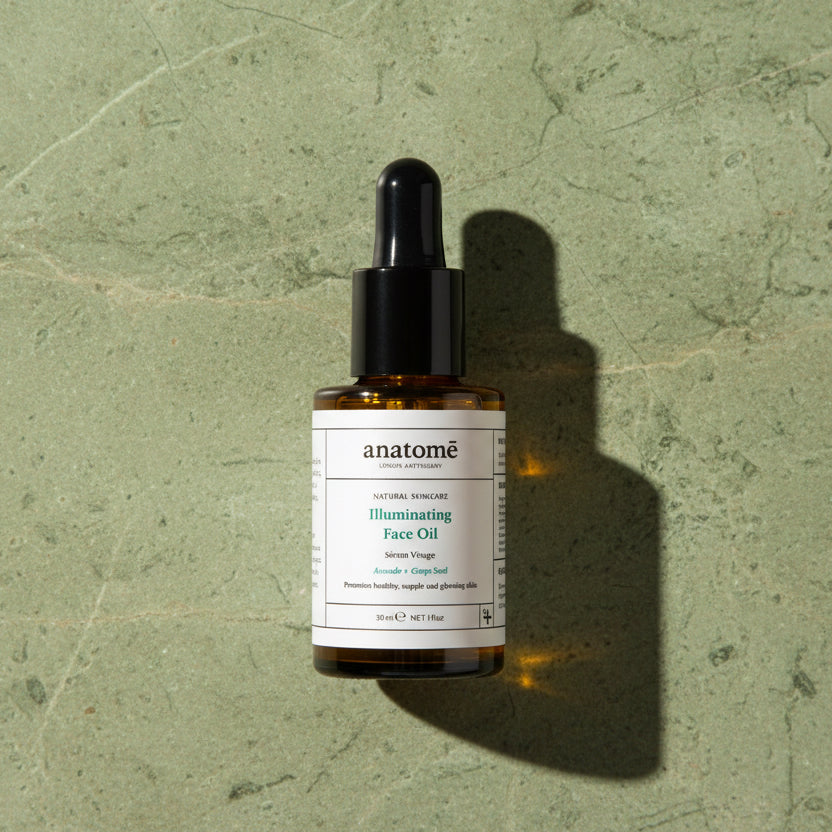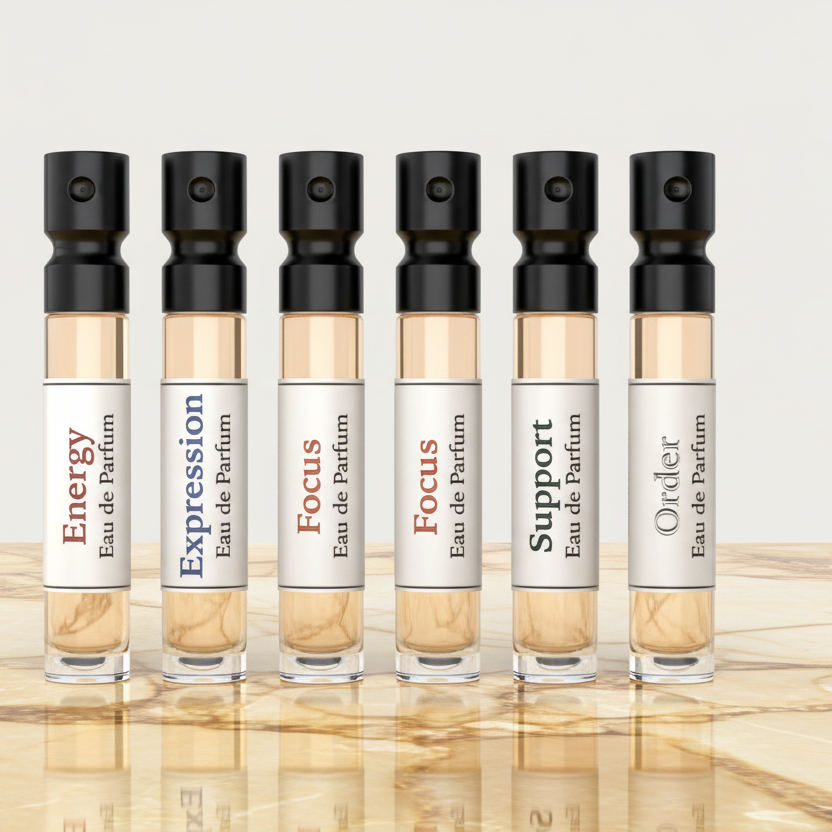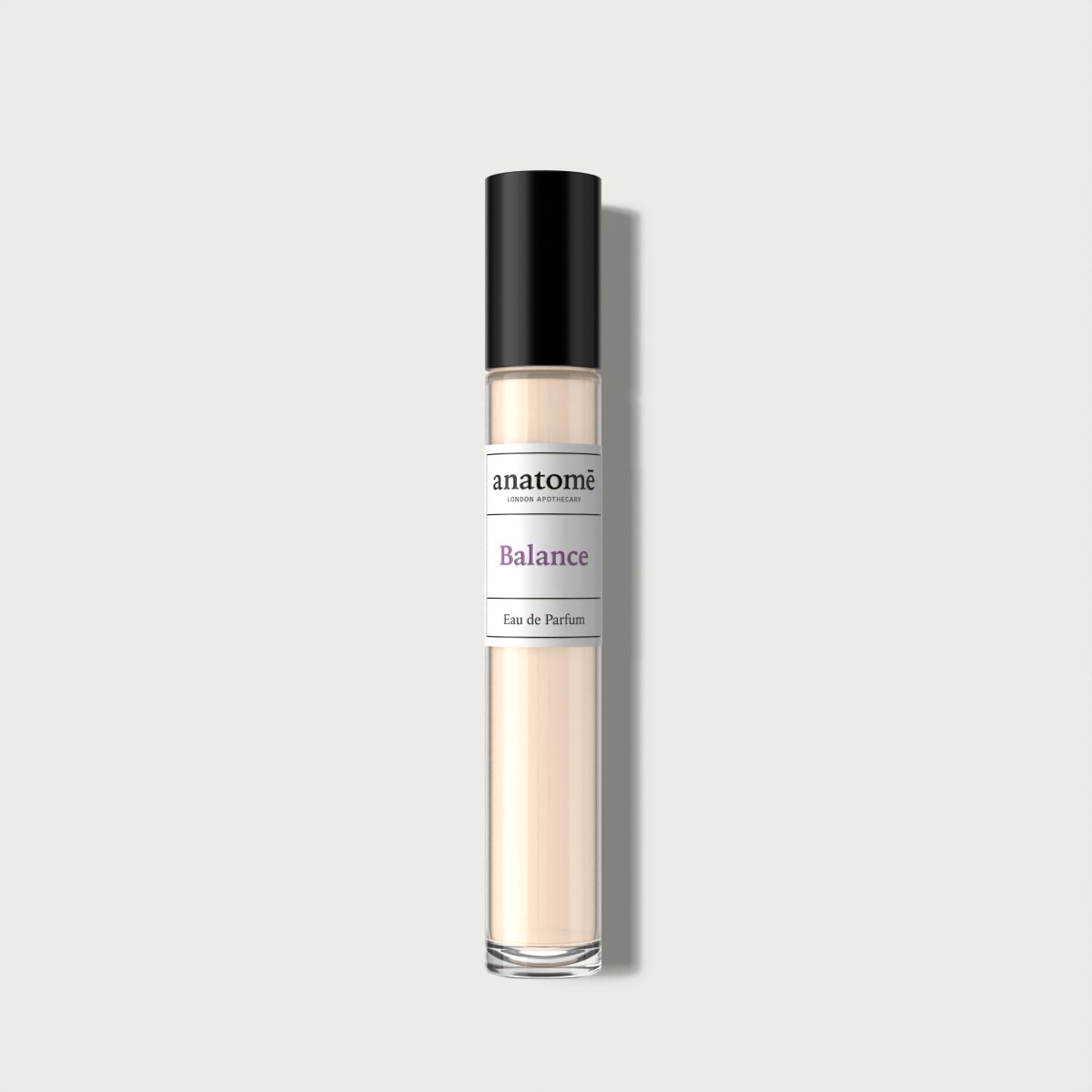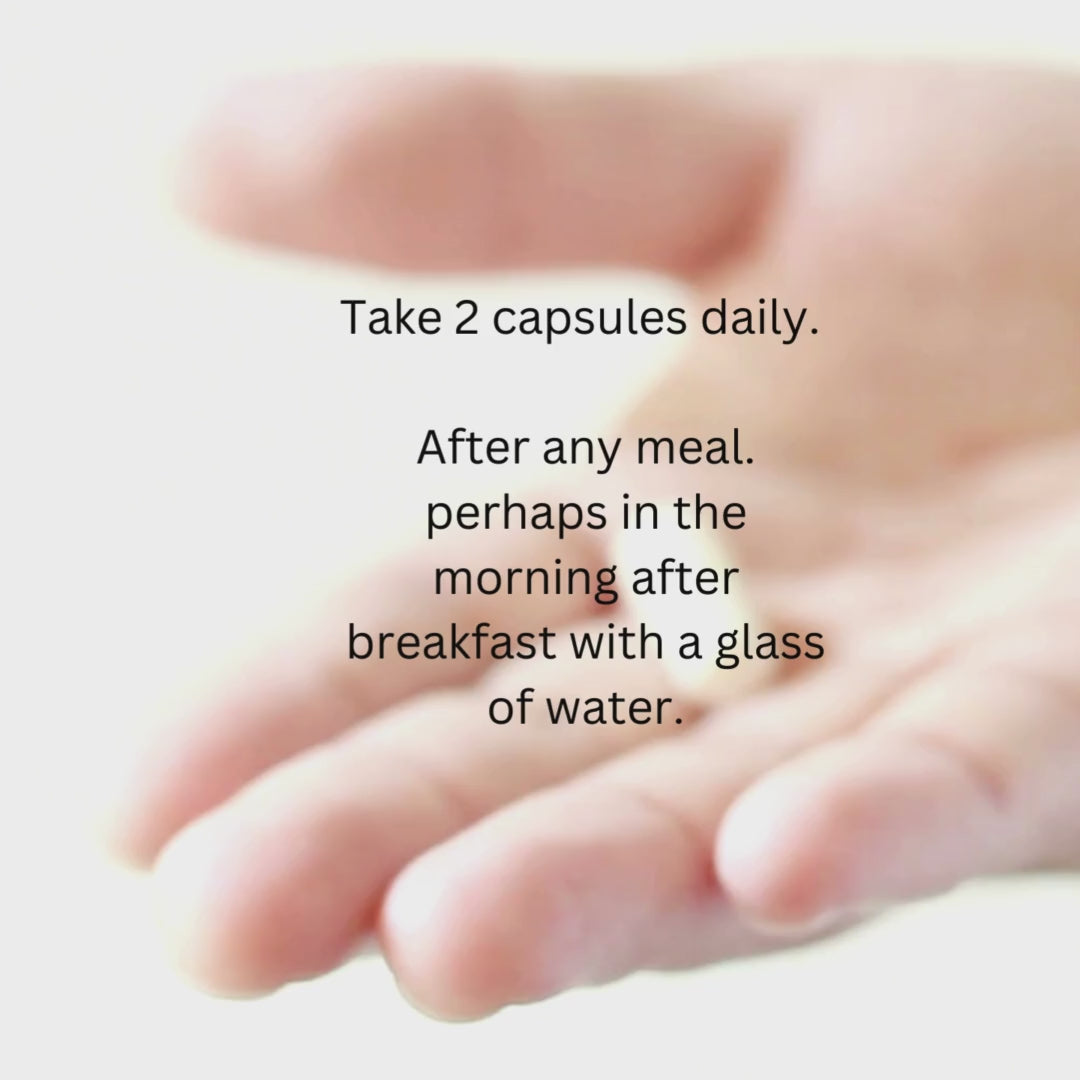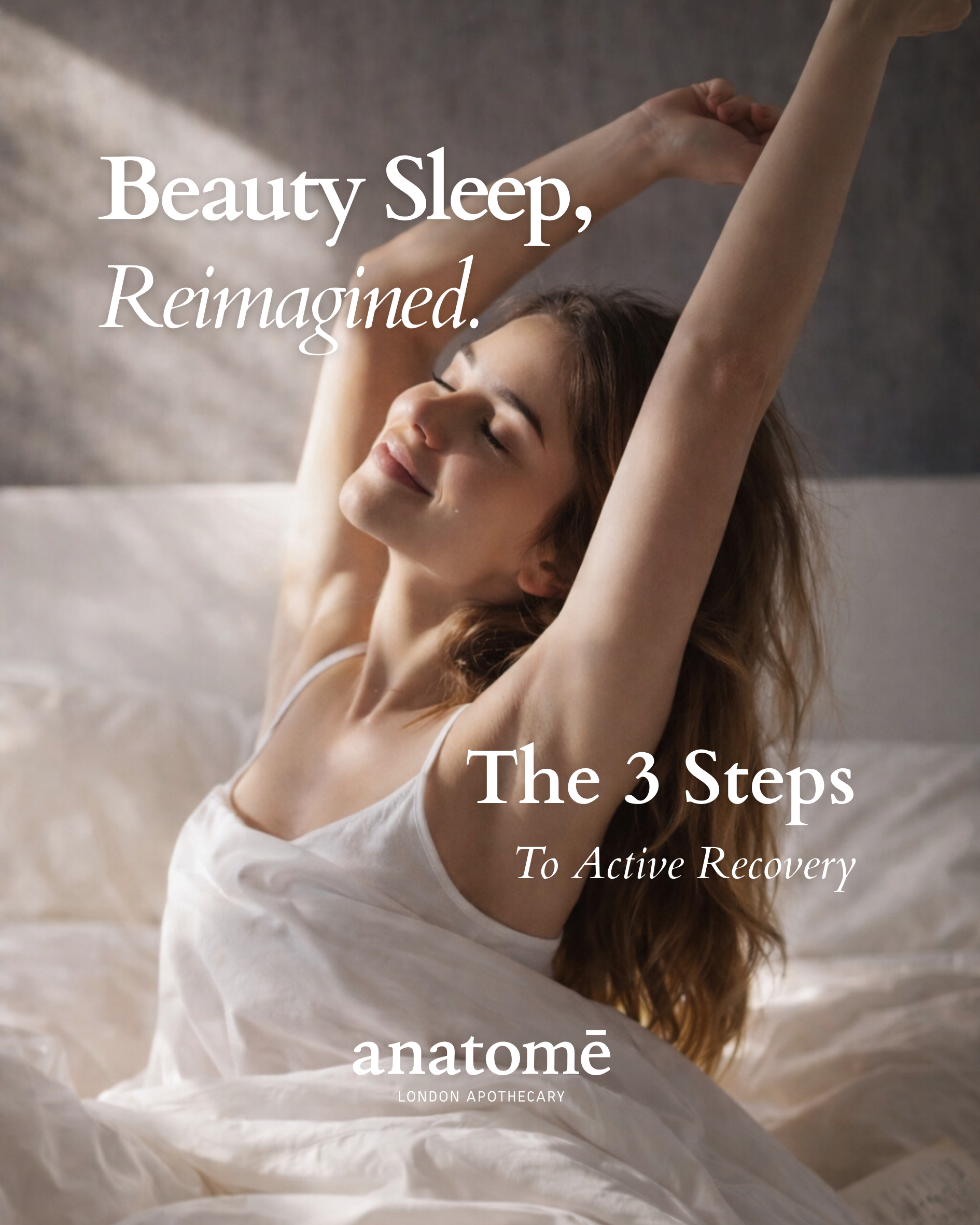We’ve all heard that you should be getting between 7-9 hours of sleep each night, but what you might not know is what happens during sleep that makes those hours so important. Sleep is the cornerstone of our health and dictates the health of our immune system, helps our brain to retain information, regulates hormones and appetite, reforms the body’s metabolic state, maintains our gut’s microbiome and helps maintain the fitness of our cardiovascular system (1). Below we take a look at what happens while we sleep and the benefits that occur because of a good night’s rest.
While we sleep, our body goes through different stages of the sleep cycle. We start in non-REM (NREM) sleep for the first four stages of our sleep, which encompasses both the light and deep sleep stages, before moving into Rapid-Eye Movement (REM) sleep. Light sleep is a transition in and out of deep sleep during which the heart rate and body temperature decrease and our muscles relax. Deep sleep is the most restorative sleep stage with the body and brain flushing out waste, processing hormones and concentrating on tissue growth or repair (2). In order to reap the benefits of sleep, we must go through all stages of this cycle, which is why 8 hours of sleep is so important.

Brain health
Sleep helps to keep us sharp. While we sleep, our brains repair cell damage and consolidate our memories and what we’ve learned during our waking hours (3). Sleep restores vital functions in our cells that otherwise would become faulty. REM sleep seems to be involved in how we process what happens in our day, if the information is complex and emotionally charged, into declarative memories (4). Additionally, research has found links between healthy sleep and a lower risk of neurodegenerative diseases such as Alzheimer’s and Dementia since sleep allows for the removal of beta-amyloid metabolite in the brain (3,5).
Maximise performance
Sleeping well has been linked to improved athletic performance. Studies have found that poorer sleep is associated with poor physical functioning. In a study of 2,800 women with a mean age of 83, researchers discovered that poor sleep quality led to slower walking and difficulty performing independent activities (6). Another study of basketball players, with a mean age of 19.5, they discovered that longer sleep improved speed, accuracy, reaction times, and mental well-being (7). Longer sleep is proven to help improve your physical performance, both in the everyday activities you do, and in athletic activities.
Mental health
As the basketball study discovered, longer sleep improves mental wellbeing. Better sleep has been linked to lower levels of depression and anxiety (8). One review of 21 studies on sleep and mental health found that, “non-depressed people with insomnia have a twofold risk to develop depression, compared to people with no sleep difficulties,” (9). Sleep helps to restore normal levels of hormones and chemicals within the brain that allows it to function at its best (5). Sleep is vital for our mental health and ensuring that we get at least seven hours allows our brains to restore our hormone levels and helps us to process our emotions more effectively. Sleep helps improve our brain health, which in turn, improves our emotional health.
Immune health
Sleep and the immune system are interwoven, something that we’ve known for at least 50 years. When we sleep well, it allows our bodies to recover and restore from damage done during the day. While we are asleep, the body makes specific cytokines that help to fight off infection and inflammation (10). In one study, researchers exposed participants to the common cold virus and found that those who slept less than seven hours were about three times more likely to become ill with it than those who slept at least eight hours or more (11).
Sleeping a minimum of 7 hours is vital to your overall health, but more is certainly better. Sleep is one of the best things we can do for our wellbeing since it has an impact on every single organ in our body and helps to repair damage done to our body during the day. For more help on how to sleep better, take a look at our journal or speak to one of our sleep experts.
References:
- Walker, M.P. (2018). Why we sleep : unlocking the power of sleep and dreams. New York, Ny: Scribner, An Imprint Of Simon & Schuster, Inc.
- https://www.ncbi.nlm.nih.gov/books/NBK19956/
- Eugene, A.R. and Masiak, J. (2015). The Neuroprotective Aspects of Sleep. MEDtube Science, [online] 3(1), pp.35–40. Available at: https://www.ncbi.nlm.nih.gov/pmc/articles/PMC4651462/.
- Underwood E. Neuroscience. Sleep: the brain’s housekeeper? Science. 2013;342:301. doi: 10.1126/science.342.6156.301.
- https://pubmed.ncbi.nlm.nih.gov/17969465/
- https://pubmed.ncbi.nlm.nih.gov/21731144/
- Mauss, I., Troy, A. and LeBourgeois, M. (2013) ‘Poorer sleep quality is associated with lower emotion-regulation ability in a laboratory paradigm’, Cognition & Emotion, 27(3), pp. 567–576. doi: 10.1080/02699931.2012.727783.
- 9. Baglioni, C., Battagliese, G., Feige, B., Spiegelhalder, K., Nissen, C., Voderholzer, U., Lombardo, C. and Riemann, D. (2011). Insomnia as a predictor of depression: A meta-analytic evaluation of longitudinal epidemiological studies. Journal of Affective Disorders, 135(1–3), pp.10–19.
- Asif, N., Iqbal, R. and Nazir, C.F. (2017). Human Immune System during Sleep. American Journal of Clinical and Experimental Immunology, [online] 6(6), pp.92–96. Available at: https://www.ncbi.nlm.nih.gov/pmc/articles/PMC5768894/#b27 [Accessed 3 Sep. 2020].
- https://pubmed.ncbi.nlm.nih.gov/19139325/






